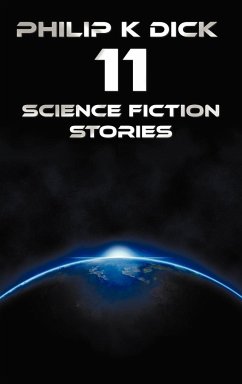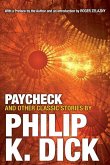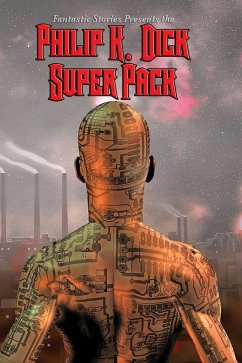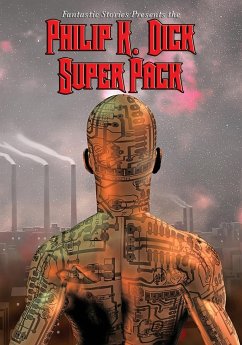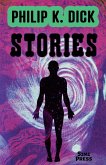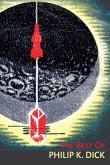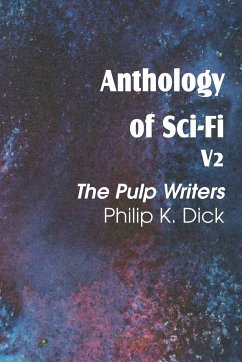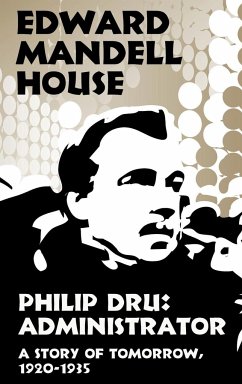Philip K. Dick is a master sci-fi writer, his ingenious idiosyncratic stories have become blockbuster movies and challenged our perception of reality; these movies include "Blade Runner", "Total Recall", and "The Adjustment Bureau". This volume is a collection of early Philip K. Dick stories. They bear his unmistakable imprint and are thought-provoking, sometimes bizarre and sometimes sinister, questioning our perceptions of what it means to be human and how we make our ethical decisions. Due to the age of the stories they are not smooth and technologically sophisticated. Instead, they contain raw ideas that challenge and shock, they are science fiction writing at its very best, a must read for any fan of the genre. The stories are: Beyond Lies the Wub, Beyond the Door, The Crystal Crypt, The Defenders, The Gun, The Skull, The Eyes Have It, Second Variety, The Variable Man, Mr. Spaceship, Piper in the Woods

